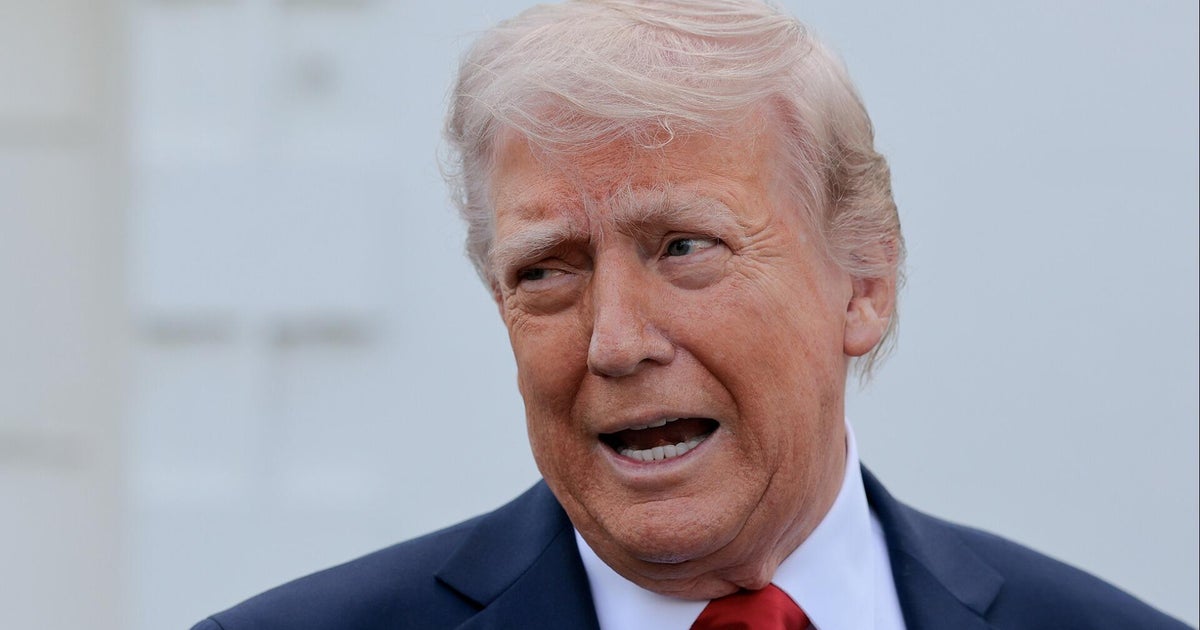The foreign ministers of the Group of Seven wealthy democracies gathered Wednesday in a small Canadian resort to discuss major global affairs, ranging from efforts to end Russia’s war in Ukraine to how to deal with China’s assertiveness in the Indo-Pacific region.
The diplomats from Britain, Canada, France, Germany, Italy, Japan and the United States, plus the European Union, will formally begin talks in Quebec’s La Malbaie on Thursday, just two days after the United States agreed to resume its military aid and intelligence-sharing with Ukraine after a relative thaw in relations.
On the eve of the G7 talks, almost all participants came together for a welcoming reception in the town.
They are meeting for what officials call “full-fledged” discussions for the first time since U.S. President Donald Trump returned to office on Jan. 20.
U.S. Secretary of State Marco Rubio traveled from Saudi Arabia, where senior Ukrainian officials said they are ready to accept the Trump administration’s proposal for an immediate 30-day cease-fire in the fight against Russia’s invasion, launched in February 2022.
The agreements between the United States and Ukraine following hours of talks on Tuesday have been welcomed by other G7 countries and brought new momentum to the nascent peace process that had faltered nearly two weeks earlier when Trump and Ukrainian President Volodymyr Zelenskyy clashed at the White House in front of media.
The proposed cease-fire now needs agreement from Russia, with Trump and administration officials saying it is up to the Kremlin to demonstrate it wants to move in the same direction.
Rubio told reporters before arriving in Canada that the Russians were “probably processing the news the same as the rest of the world and so we hope to have a positive answer from them. The ball is truly in their court.”
On Thursday, the ministers are set to hold sessions on topics including the future of Ukraine and Europe, China and the Indo-Pacific, maritime security and the group’s role in the Middle East, according to G7 officials.
Before departing from Tokyo, Japanese Foreign Minister Takeshi Iwaya said he will do his best to “ensure the unity and cooperation of the G7.”
Iwaya stressed that the group has long shared universal values such as democracy and the common goal of realizing a free and open international order, and that they cannot afford a rift to form at a time when the international situation is in flux.
Given that Japan is the only participating country from Asia, Iwaya also said it would be crucial for him to provide the Indo-Pacific perspective.
On Friday, before concluding their meeting, the ministers are due to exchange views on the challenges posed by such countries as China, Iran and North Korea, as well as cooperation on peace in Africa, according to the officials.
They are aiming to issue a joint statement that would highlight their support for the ongoing U.S.-led efforts to halt the war in Ukraine and their commitment to a free, open and secure Indo-Pacific, while voicing opposition to any attempts to unilaterally change the status quo in that region and elsewhere, the officials said.
“The perfect statement would be that the United States has done a good thing for the world in bringing this process forward, and now we all eagerly await…the Russian response and urge them strongly to consider ending all hostilities so people will stop dying, so bullets will stop flying, and so a process can begin to find a permanent peace,” Rubio said.
Related coverage:
G7 members discussing leaders’ statement over Ukraine after summit
Japan urges G7 unity over Ukraine to avoid “wrong lesson”


